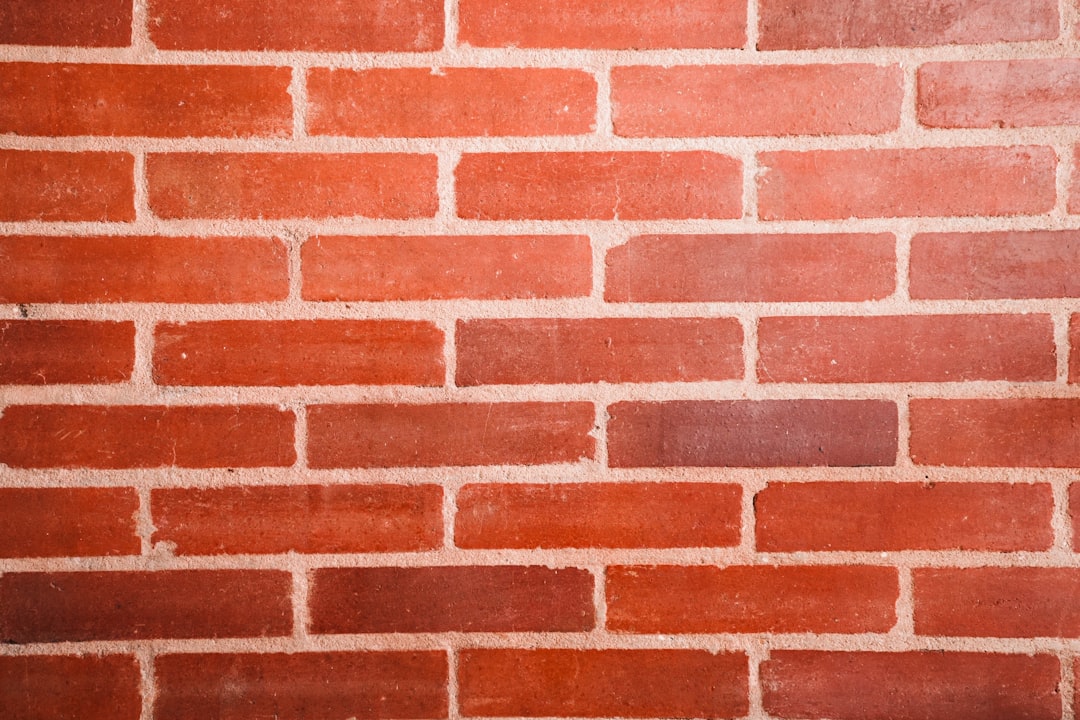They've Built A Digital Wall: The Shocking Reason Millions Are Blocked From Reading American News

You click a link to a breaking story, eager for the latest update. But instead of the news, you're met with a stark, digital dead end: "This website is unavailable in your location." It's a frustrating experience becoming alarmingly common for internet users outside the United States, who are finding themselves locked out of American news sources.
In an era that promised a borderless digital world, a new kind of barrier is being erected. News organizations, from local outlets like Boston 25 News to major national players, are increasingly deploying powerful geoblocking technology. This digital fortress effectively slams the door on millions of potential readers, creating an information vacuum and leaving many to wonder: what are they trying to hide?
This isn't just a simple server glitch. When these digital walls go up, they often display a specific, chilling message: Error 451. Unlike a standard '404 Not Found' error, Error 451 means "Unavailable For Legal Reasons." The number itself is a deliberate and startling reference to Ray Bradbury's iconic dystopian novel, Fahrenheit 451—a story about a future where books are outlawed and burned. The message is clear: this content is not just inaccessible; it has been deliberately restricted.
So, Why The Secrecy?
The primary driver behind this wave of self-imposed isolation isn't necessarily a shadowy conspiracy, but something far more bureaucratic: fear of international law. The most significant culprit is Europe's General Data Protection Regulation (GDPR). This sweeping set of data privacy laws imposes strict rules on how websites can collect and handle user data. For many US-based companies, the cost and complexity of ensuring full compliance for international visitors is a massive headache. Rather than navigate the legal minefield and risk astronomical fines, they've chosen the simpler, cheaper option: blocking access entirely.
Beyond data privacy, other factors include content licensing agreements that may restrict broadcasts and articles to a US-only audience. However, the result is the same—a fractured internet where your geographic location dictates your access to information.
A World Kept in the Dark
This trend has profound implications. Expatriates, researchers, international business partners, and anyone simply curious about American life and politics from a local perspective are being cut off. As local stories increasingly have global significance, these digital borders prevent a full understanding of the issues shaping one of the world's most influential nations.
The promise of the internet was one of connection and open access. Yet, as more sites retreat behind digital walls built from legal red tape, we are drifting toward a balkanized web. The next time you encounter Error 451, you'll know it's not a bug—it's a barrier, and you've been deemed an outsider.